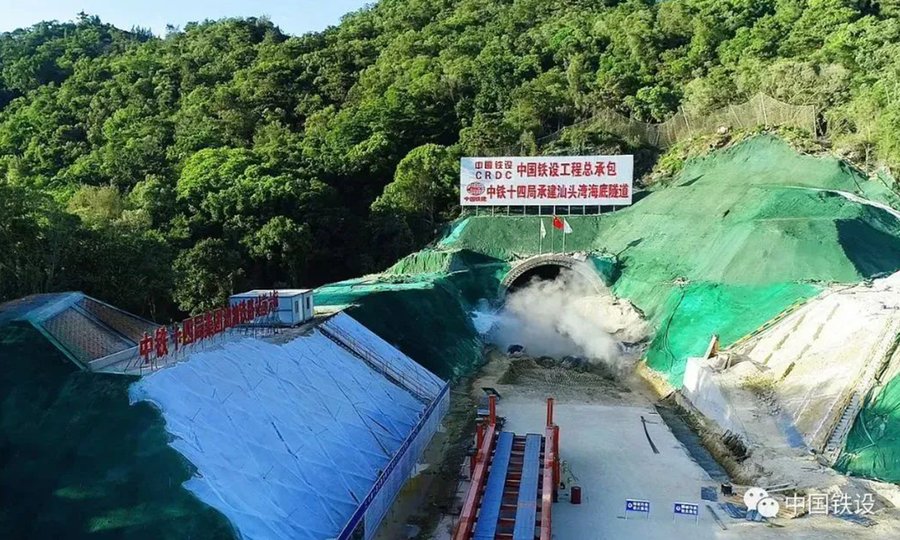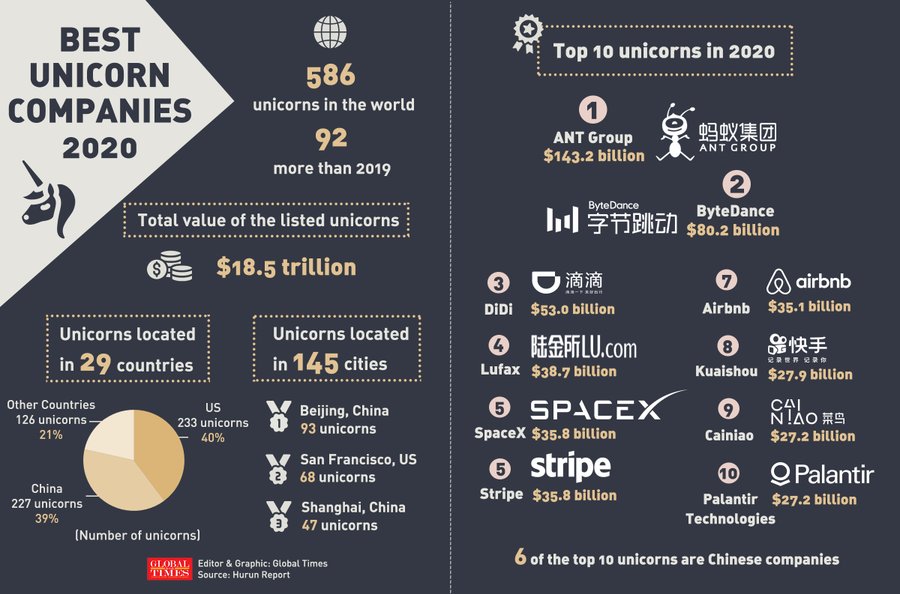China is building the world’s first high-speed train that can travel through a sea tunnel at a speed of 350 kilometers per hour in Shantou Bay, South China’s Guangdong Province.
The 163-kilometer-long railway, which includes a 9,781-meter-long tunnel, has officially entered the substantive construction stage, with an investment estimated to be at 11 billion yuan ($1.6 billion), the China Central Television reported Tuesday.
According to the report, the tunnel will pass through 17 fault rupture zones in a magnitude-8 earthquake zone, of which eight are active faults, the first underwater tunnel of its kind anywhere in the world.

Most parts of the tunnel are located in high water pressure areas. As a result, construction personnel have to adopt measures to ensure that the tunnel structure is safe, waterproof and reliable, and that operating costs are controllable.








